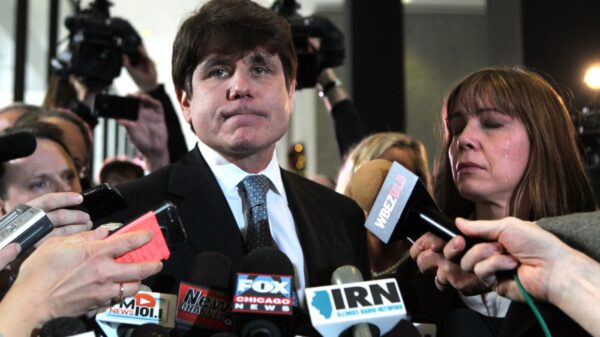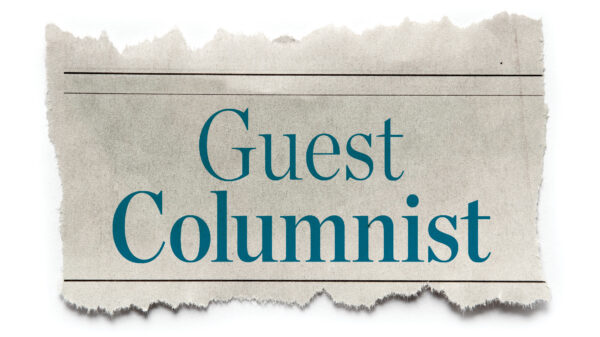After a profound friendship of 40 years ended abruptly, one woman finds herself grappling with trust issues and uncertainty about rekindling the relationship. The bond she shared with her best friend was not only deep but also filled with shared experiences, from vacations to family gatherings. The fallout occurred when her friend relocated after retiring and selling valuable real estate. This sudden shift left the woman feeling ghosted and deeply hurt, prompting her to seek counseling to understand her feelings and role in the breakup.
In her search for clarity, she came to terms with the fact that some situations are beyond personal control. Despite the emotional toll, she accepted the breakup. Recently, her former friend reached out after the woman liked one of her social media posts, asking, “Does this mean we can be friends?” This question has stirred up mixed feelings, as the woman remains cautious about rekindling their friendship.
Understanding the Dynamics of Trust
R. Eric Thomas, a national bestselling author and playwright, offers insight into navigating such complex emotional landscapes. He notes that the friend’s inquiry might indicate a different perspective on their falling out. “Perhaps she doesn’t see herself as having ghosted and may view the situation differently,” Thomas suggests. This discrepancy in understanding highlights the importance of clear communication.
While the woman considers her response, Thomas advises approaching the situation with caution. He encourages her to ask herself and her friend whether they want to discuss what transpired during their estrangement. This conversation could be a healing moment, allowing both parties to express their feelings and intentions.
If they decide to address the past, Thomas emphasizes the need to own their respective roles in the fallout. He reminds her that trust is not rebuilt overnight; it requires time and mutual sincerity. “If both of you are approaching this reconciliation with honesty and good intentions, the discomfort may lessen over time,” he notes.
Moving Forward with Caution
As she contemplates her next steps, the woman remains aware of her trust issues. Accepting an olive branch from someone who previously caused pain can be daunting. The fear of potential betrayal lingers, and the possibility of repeating past mistakes weighs heavily on her mind.
This situation serves as a reminder of the complexities of human relationships. Trust can be fragile, especially after a significant breach. Thomas encourages taking small steps towards rebuilding the friendship, suggesting that they start with a simple acknowledgment of the time spent apart.
Ultimately, the decision to rekindle this long-standing friendship lies with the woman. She must weigh her feelings and consider whether the potential rewards of reconnecting outweigh the risks. As Thomas concludes, “Trust will take time to rebuild, but clear communication can pave the way for healing.”





































































